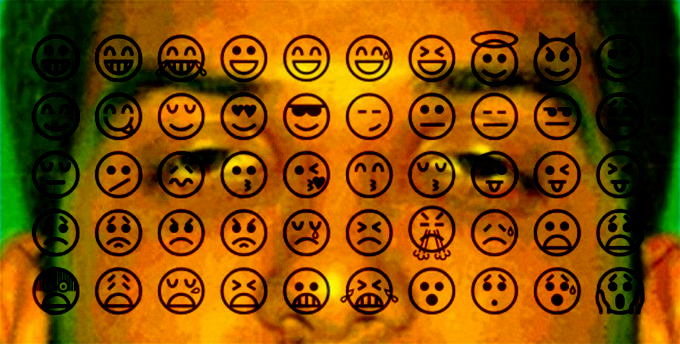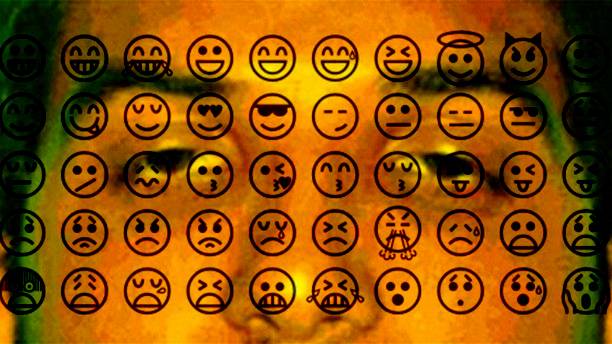Syed Farook and the new world of emotional "triggers"
Source: jonrappoport.wordpress.com

Some brilliant media pundits are now suggesting that the accused San Bernardino shooter, Syed Farook, may have been “triggered” by the Xmas party at the building he later attacked.
You know, the existence of Xmas contributed to setting him off because his religious faith was of a different type. Xmas was a grave insult.
There will be people, believe it or not, who think this “analysis” has merit.
“Well, sure, I can see that. Given the nature of his faith, it’s understandable that he would have left the party in a disturbed state, gone home, put on military gear, picked up a few auto weapons, a ton of ammo, and pipe bombs, waited for his wife to do the same, and then, on the spur of the moment, returned to the building…he was triggered.”
“Triggered” is the new reality. It’s mainly for the young and naïve, especially those who are looking for a way to become known at colleges. “Wow, I can get a few minutes of attention if I say I was triggered. I’ll go for it. It’s easy. I don’t have to do anything. I don’t have to achieve anything. This is all about not achieving anything. It’s a perfect excuse. I’m paralyzed. And the reason is, let’s see, I wasn’t warned by my professor that he was going to discuss a subject that had triggers in it. Yeah, I like it.”
Apparently, there is no bottom for idiocy. You think you’ve seen the worst, but no.
Yesterday, I included this quote from a New Yorker article. It’s worth re-reading:
“Individual [Harvard law] students often ask teachers not to include the law of rape on exams for fear that the material would cause them to perform less well. One teacher I know was recently asked by a student not to use the word “violate” in class—as in “Does this conduct violate the law?”—because the word was triggering. Some students have even suggested that rape law should not be taught because of its potential to cause distress.” (Jeannie Suk, The New Yorker, 12/15/14).
There are several underlying principles at work here. One is: If you give people an out, an excuse for not doing anything, a way to become a victim, a significant number who aren’t genuinely disabled in any way will reach for it and grab it.
And they’ll invent a back-story full of grievances. And traumas. And whatever it takes.
This is a form of art. Theater. It may be bad art and bad theater, but there it is.
“I wish I could write a play, a novel. Mostly, I wish I could create the future I really want. But it doesn’t look like I can. So I’ll do something different. I’ll cast myself in a play that’s already gaining steam. I’ll take on the role of victim. I’ll be the person who is in danger of being triggered every time I get out of bed in the morning. If I put everything I have into that role, I might garner a few good reviews.”
There is a larger point here. The whole business of promoting “triggering” is a propaganda operation. Its goal is to convince people that they live in a stimulus-response world—and that means a locked-up world. Stimuli appear…and inevitable responses follow. Period. End of story.
Freedom? A myth. Individual choice? Impossible. The human being? Merely a biological machine programmed to deliver x, y, or z, depending on the external provocations of the moment.
Individual power? No such thing.
...
“Conceive of it this way. Far up in the sky you have people, individuals, who are inventing the fulfillment of their most profound desires, making them fact in the world, no matter what—and way down below, miles under the earth, you have other individuals who could be doing what the sky dwellers are, but they’ve bamboozled themselves into thinking they can’t. Instead, they think they’re trapped in every little response they might have to any old stimulus that comes along. Both groups of people are creative, but they’ve channeled their imaginations and creativity in vastly different ways. Waking up may be hard to do, but you either do or you don’t.” (Notes for Exit From The Matrix, Jon Rappoport)
Read the rest: jonrappoport.wordpress.com






















